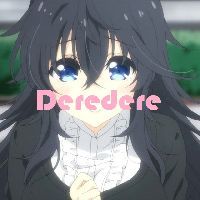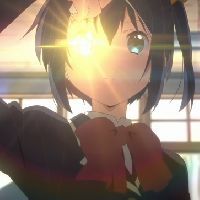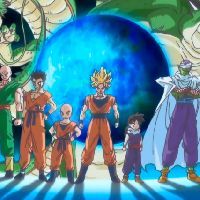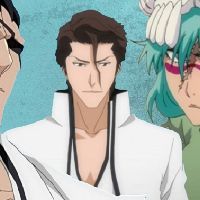This article was written by TheCobraSlayer and edited by 16and and Feloren of the MAL Articles Club.
Interested in writing or editing for us? Click here!
The legendary OP character is a trope that is typically reviled by the anime community. A common criticism of characters is that they are too powerful. For the unaware, OP stands for overpowered, and means that within a show, a character is far stronger than anyone else, and can easily beat anyone that dares to challenge them. They are often criticized both as characters and as leads of their respective stories due to being "boring" characters who make the conflict "pointless" or "forced." However, it is worth analyzing whether an OP character really deserves that criticism.
PRO
Of course it's possible for an OP character to be the lead of a good story. It really boils down to one thing: presentation of the character. How is the character being presented in the series? If it's about someone who never faces challenges or struggles, this would not work. However, if this character has internal conflicts and struggles, this works on two levels to craft a strong protagonist.
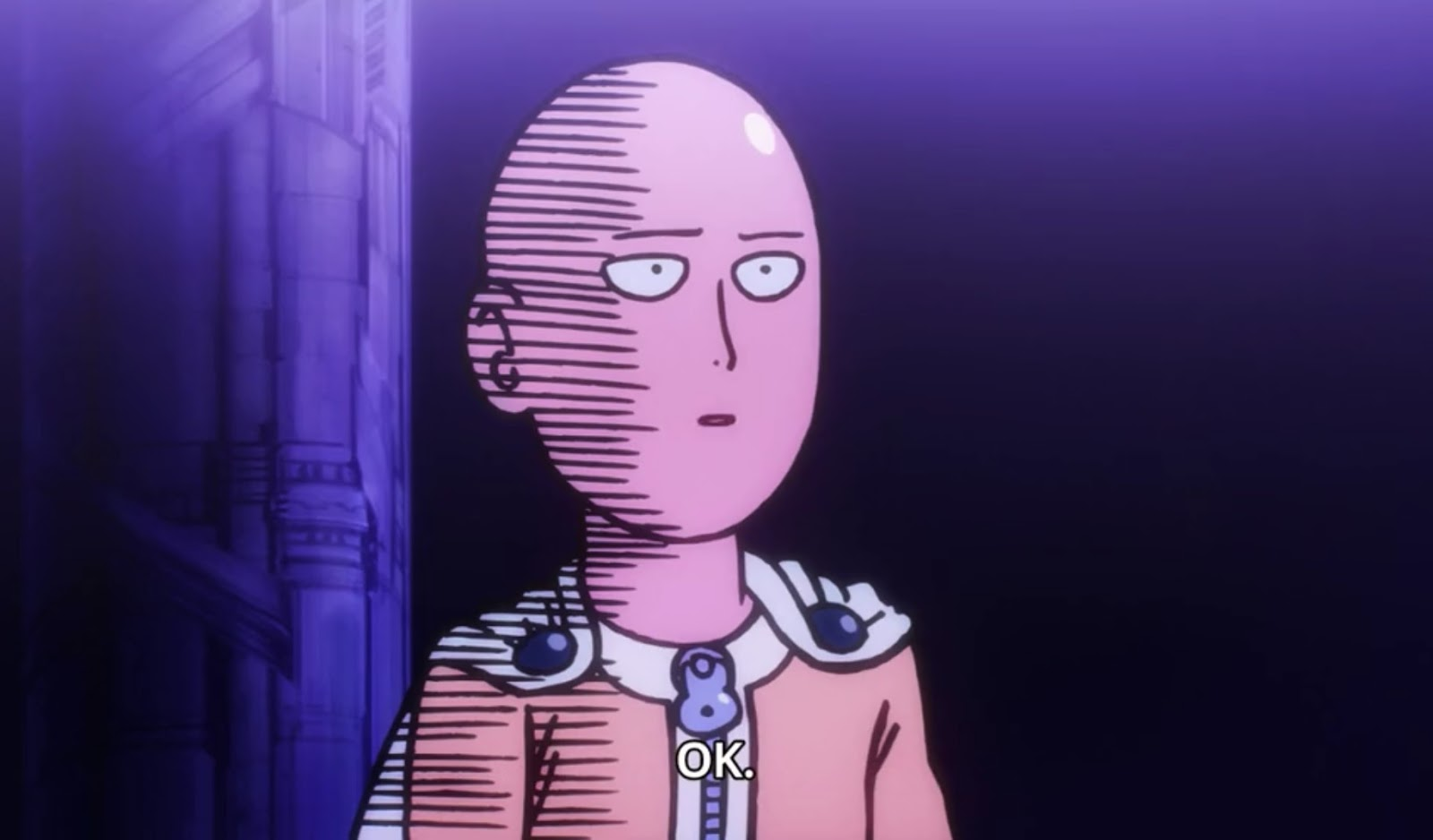
First, it makes them seem more relatable, which is the key to creating a strong protagonist. A protagonist with internal struggles and trauma to deal with seems human. As viewers, we want to see a person struggling the same way we all do because it makes us invested in their story and gives it meaning for us. An example of this kind of protagonist is Saitama from One Punch Man. Saitama trained his hardest for years on end to become the ultimate hero. He becomes so powerful, in fact, that he can defeat any opponent in a single punch. This seems like it would lead to a slightly uninteresting character, but what makes Saitama a great and relatable character is his inner conflicts. He doesn't enjoy his job or fights because of how easy they are. He is deeply unsatisfied with his life and wishes for more. We can relate to a protagonist with struggles, regardless of their power level. What makes relating to a character work on a deeper level with an OP character is that it reminds us of reality. Those we admire, those who we view as powerful and almighty, are really just people like us. They have the same fears and hopes and dreams and emotions as us. It not only shows us that even the strongest among us have demons to overcome, but also that anyone can overcome their problems. It shows us that you don't have to be some perfect, invincible, untouchable person to be a hero. It both touches us emotionally and inspires us. This is exactly what a protagonist is meant to do, and as long as internal conflicts are present within a series, the character can be a good one at the center of a good story.
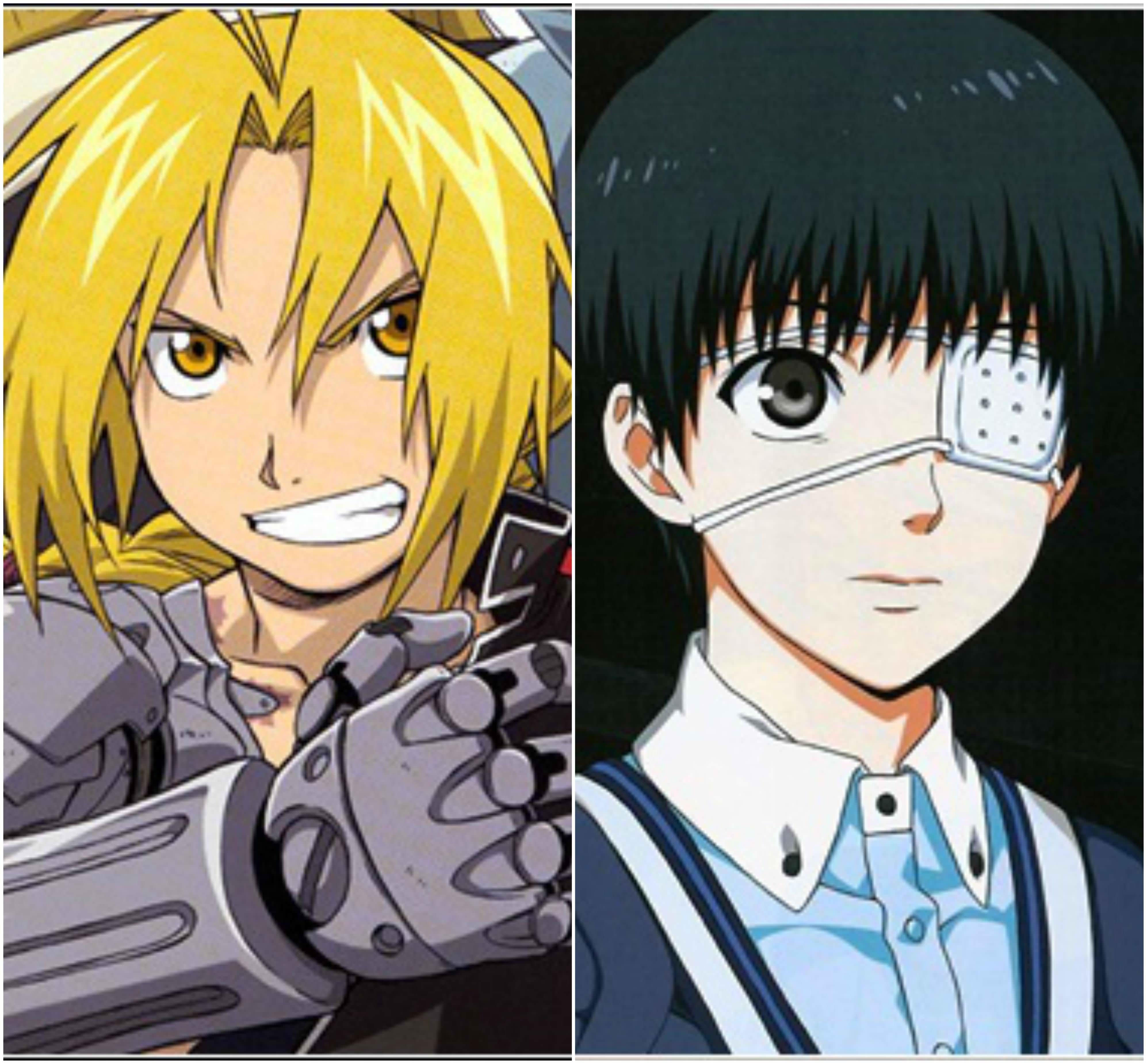
The other aspect to this is that it allows for a strong structure. It is harder to successfully direct a strong series that relies on internal conflict rather than more standard ones involving another person or group as the antagonist. This makes perfect sense, considering how it is harder to show private struggles rather than flashier, more standard, action-based clashes. However, it can be done, and shows like Tokyo Ghoul and Fullmetal Alchemist: Brotherhood are excellent examples of this sort of inner struggle when it's well-executed. Edward Elric blamed himself for the accident that led to his brother Alphonse losing his body, and had to learn to forgive himself; Ken Kaneki had to come to terms with becoming a "monster" that required human flesh. The key is clarity and focus. This aspect of well-executed shows with a primarily internal conflict becomes more important when it comes to OP characters because we need to see their struggles clearly for them to be good, relatable characters and for the show to be "worth it." When executed well, it makes it so that at the end, we feel that we've gone on a journey of sorts with the character, one that had a lot of meaning for both the audience and the character. Seeing the struggles someone who is OP goes through helps the audience form a strong bond with the character, one that simply cannot be replicated with a character of a more "normal" power level. It makes for a truly unforgettable character and show.
CON
While it is not impossible for an OP character to be an enjoyable character to watch, or one the audience likes, they can inherently not be leads of a good story due to the nature of an OP character. An OP character often serves as a "power fantasy" for the audience. A character meant to be a power fantasy is a means of escape for the audience. They are there for the audience to project themselves onto as a means of feeling strong and unbeatable in a way they don't feel in their everyday lives. There is nothing wrong with this kind of character, but they do lend themselves to problems when it comes to building a strong narrative structure for two reasons.
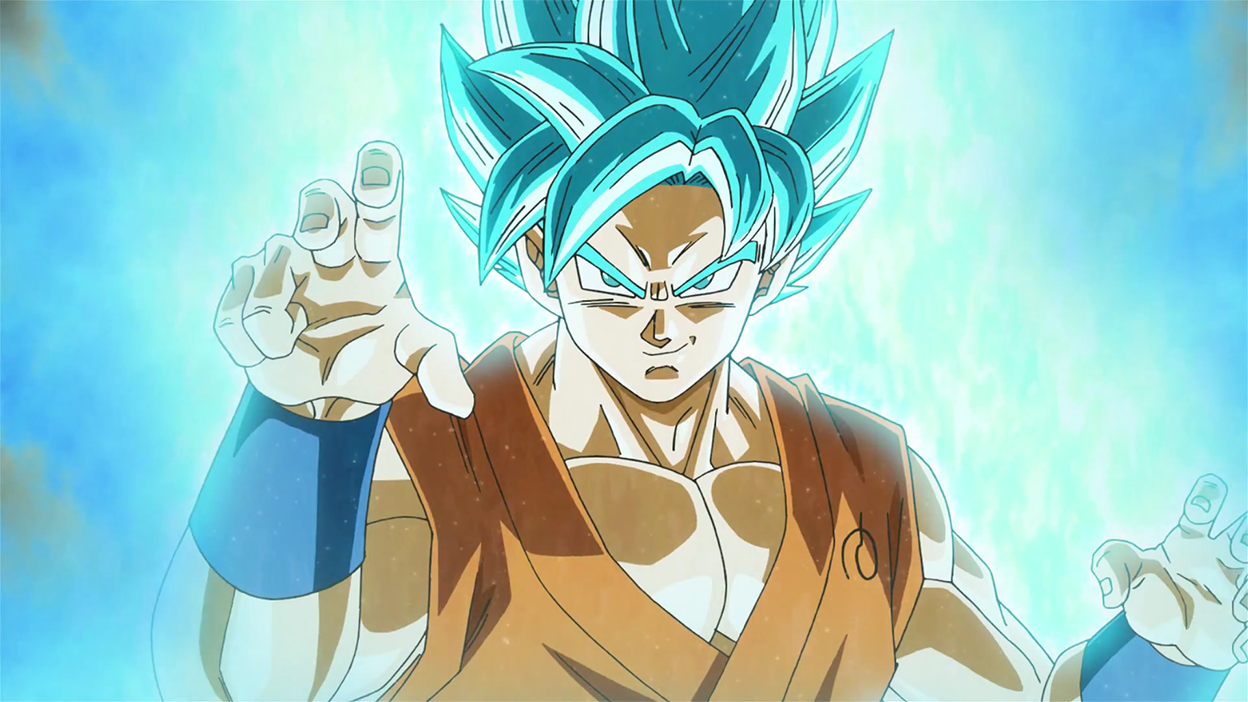
One reason is that there is usually no other reason to have an OP character other than to serve as that power fantasy for the audience. In order to make a character that easily serves as a power fantasy, it usually involves making the character a bit flat. An OP character can certainly be entertaining and fun to follow, but this does not lead to being a good character. A good character is layered and complex, which is not a requirement, or the same thing, as being an entertaining one. The OP character generally must be just distinct enough to come across as powerful and heroic to the audience, but generic enough for anyone to easily imagine themselves in the character's position. The problem with translating this into a lead of a good story is that the character is not interesting and typically lacks the depth necessary to be the protagonist. An example of this sort of character is Goku from Dragon Ball. He is a training machine, simply "levelling up" to beat new enemies. He lacks the internal struggle and depth of a strong protagonist.
Thinking about this, would something like Fullmetal Alchemist: Brotherhood or Tokyo Ghoul been have widely acclaimed if their main characters, Edward Elric and Ken Kaneki respectively, had been power fantasies? Most likely not, as the reason they were such strong characters was that they were not power fantasies. One of the reasons these characters were so widely loved was because of their internal struggles. Leads of good stories are often "regular", like us. They must be "regular", because then their creators have the freedom to make them emotionally deep, interesting, and distinct characters rather than a more generic power fantasy. A good story must have interesting characters, because otherwise, the audience will not care about anything happening in the story, making the whole narrative arc fall flat.
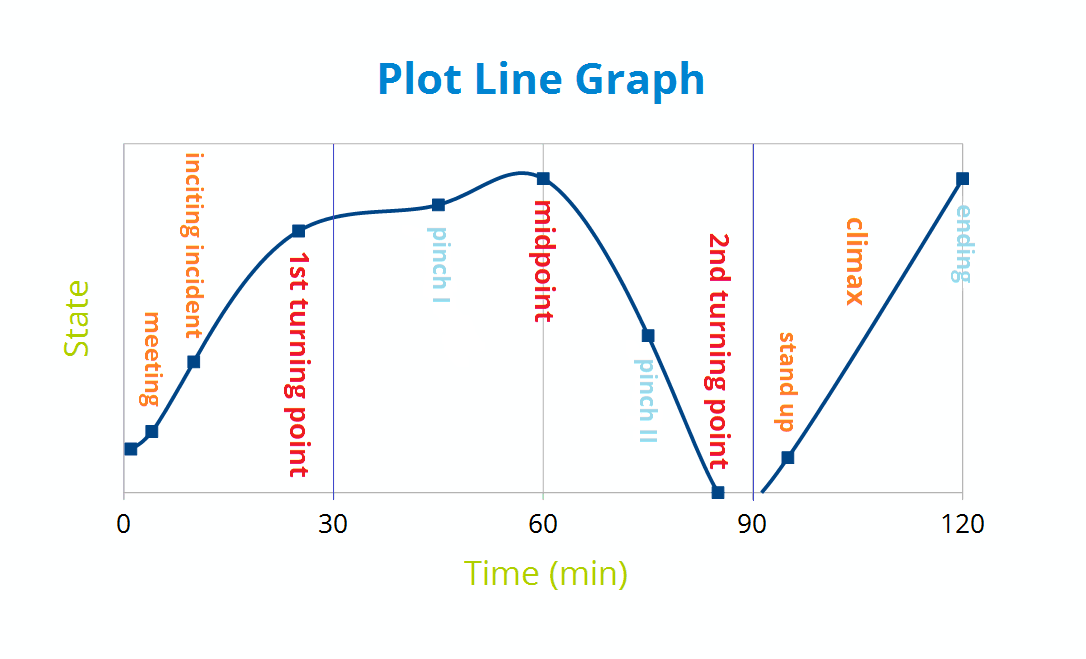
The other reason an OP character cannot lead a good story is because as mentioned earlier, their OP nature makes the story they’re in fall flat. To illustrate this point, take a look at this graph from Scriptmag. The graph is a visual representation of a narrative arc, indicating rising and falling action throughout the story. In a standard narrative arc, there is rising action, turning points, and the final climax before the falling action and resolution. Most stories follow this structure to some degree, as a story generally needs to be constructed in this fashion to properly engage the audience throughout the series and keep them invested in the eventual peak, or climax, as action rises and falls, building tension. The problem with having an OP character be the centre of the conflict, and by extension, the audience’s reason to care about the story is that the rising action, turning points and climaxes do not have any stakes to them. A story where the outcome of every battle is obvious from the beginning isn't interesting from a narrative standpoint and does little to draw a viewer in. This means that nothing happening really gets the audience invested, usually turning the whole story into a boring and predictable mess.
An OP character, by definition, can beat any obstacle they come across easily, and the audience is aware of this. With a “normal” protagonist, what makes the audience invested is a sense of doubt, wondering if the protagonist will be able to reach victory in the end. If victory is obviously guaranteed for the lead from the beginning, that sense of doubt is lessened or eliminated, and the story loses the meaning behind its conflict. The problem with the typical OP character is that in order to be an effective power fantasy, any real struggle defeats the purpose of having the power fantasy present. Showing a character in a moment of "weakness", whether that be in battle, mentally, or emotionally, breaks the illusion that the character creates. An OP character creates an illusion of absolute power and confidence, the person most people dream of being, an ever-confident, highly skilled, well-respected leader or fighter. When this illusion is shattered, the character loses the facade of a power fantasy, and the audience loses whatever investment they had in the series, as their investment in the lead disappears the second the fog lifts. A viewer wants to see the main character struggle and overcome their limitations and problems because it makes the eventual outcome that much sweeter, or bitter. It lends the story more meaning and makes it resonate more with the viewer when the character is not OP.
Most would agree that a relatable and interesting lead character is necessary to create a story with meaning that will resonate with the audience. Whether that character can be OP and still fulfill that role is up for debate, however. Whatever side of the argument you fall on, always remember the other perspective, but continue to enjoy the characters you enjoy, whether they be OP, a regular person, or somewhere in between.
Got feedback? Leave a comment here!

